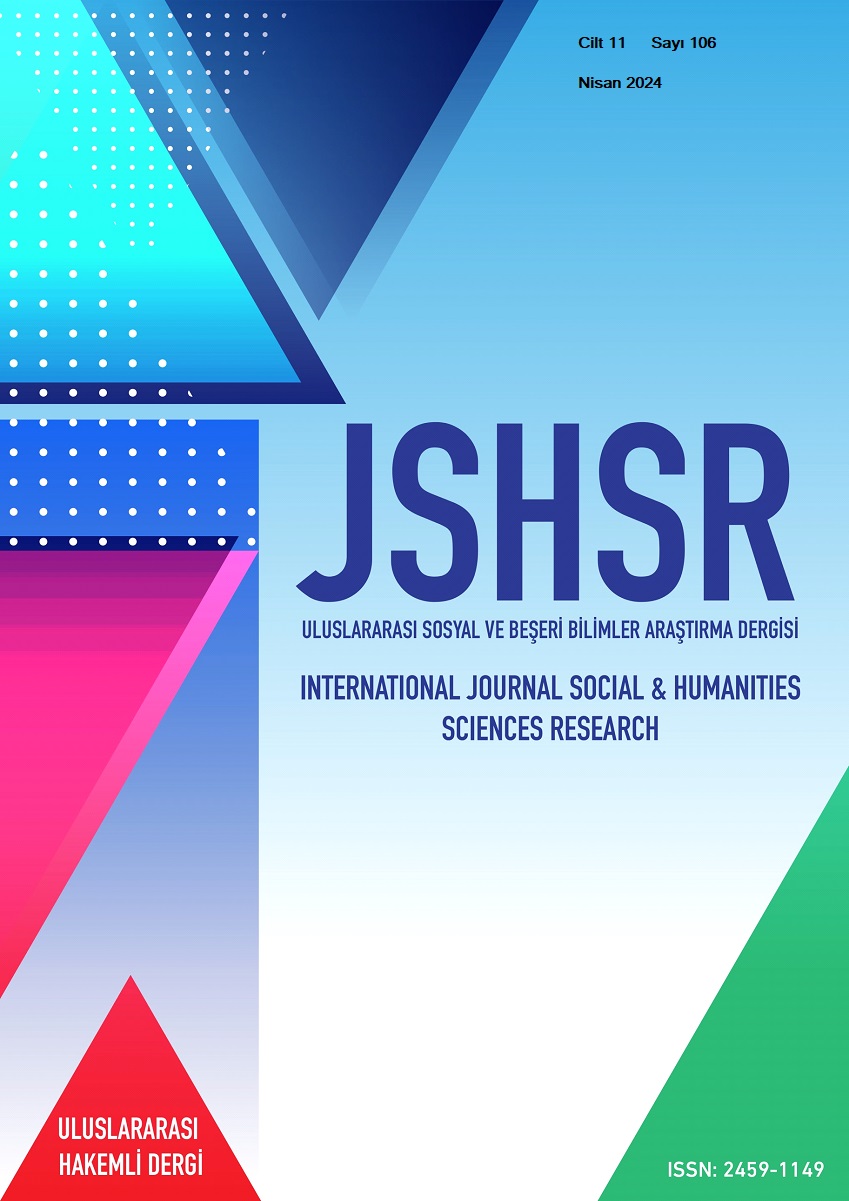The Structure of the Tourism Sector in Turkey and Its Comparison with Some European Countries
DOI:
https://doi.org/10.5281/zenodo.11109379Keywords:
Tourism, Tourism in Turkey, Tourism in EuropeAbstract
The tourism sector is a labor-intensive sector that produces composite products, where fixed capital investments are high and technological developments are rapidly developing. In terms of accommodation investments, it may not be flexible in a short time. It may also be sensitive to social, political and economic changes. This sector provides foreign exchange income to countries, increases employment and productivity, increases the power of international communication and interaction between countries, plays an important role in solving the foreign trade deficit and unemployment problems by contributing to the creation of an integrative climate and a peaceful environment. Due to these roles, the tourism sector has become the strategic priority of many countries around the world. Turkey, with its rich history, culture and natural values, has provided support to tourism investments and initiatives and carried out promotional activities in order to utilize its tourism potential. As a result of these efforts, the tourism sector has played an important role in economic and social life. In this research, a descriptive study was conducted in the scanning model and the general structure of Turkish Tourism, its management style and the tourism structures of Spain, Greece, Germany, Austria, Sweden, Norway, Portugal and Italy in Europe and the tourism management structures of the countries were examined. According to the research results, similarities and differences in the management structure were tried to be determined.
References
Advantageaustria (t.y.). https://www.advantageaustria.org/tr/zentral/branchen/tourismus-nach-sterreich/ zahlen-und-fakten/Zahlen_und_Fakten.tr.html.
Bilgiçli, İ., & Altınkaynak, F. (2016). Turizm Endüstrisinin Türkiye Ekonomisi İçindeki Yeri Ve Önemi; Ekonomi Paradigmasıyla Yaklaşım. Uluslararası Yönetim İktisat ve İşletme Dergisi, 12(12), 560-580.
Demirel, Ö. (2000). Karşılaştırmalı eğitim. PeGem A Yayıncılık.
Kalkınma Bakanlığı (2018). On Birinci Kalkınma Planı (2019-2023) Kamu Harcamalarında Etkinlik Çalışma Grubu Raporu.
Karasar, N. (2009). Bilimsel arastirma yontemi: Kavramlar-ilkeler-teknikler. Nobel Yayın Dağıtım.
TÜİK, (2020). Turizm İstatistik, http://www.tuik.gov.tr/UstMenu.do?metod=temelist
TÜRSAB, Türkiye Seyahat Acentaları Birliği (2004). Onlar Nasıl Yönetiyor. http://tursab.org.tr/ dosya/950/16_950_5019684.pdf.
TÜRSAB, Türkiye Seyahat Acentaları Birliği (2005). Norveç Turizm Endüstrisi. http://www.tursab.org.tr/ dosya/996/05mtnorvec_996_904375.pdf
Wikipedia. https://tr.wikipedia.org/wiki/%C4%B0sve%C3%A7%27te_turizm.
Downloads
Published
How to Cite
Issue
Section
License
Copyright (c) 2024 INTERNATIONAL JOURNAL OF SOCIAL HUMANITIES SCIENCES RESEARCH

This work is licensed under a Creative Commons Attribution 4.0 International License.


